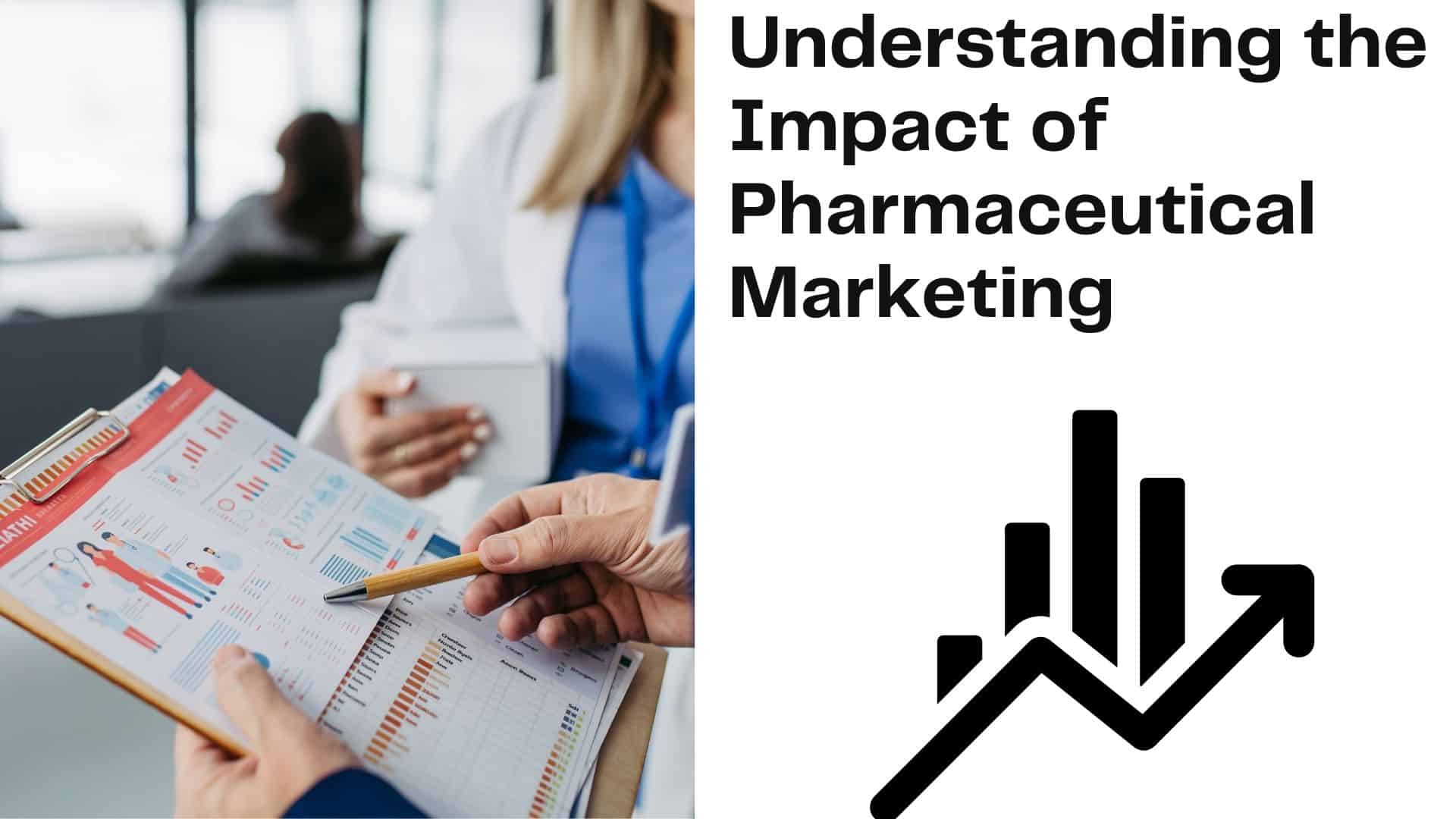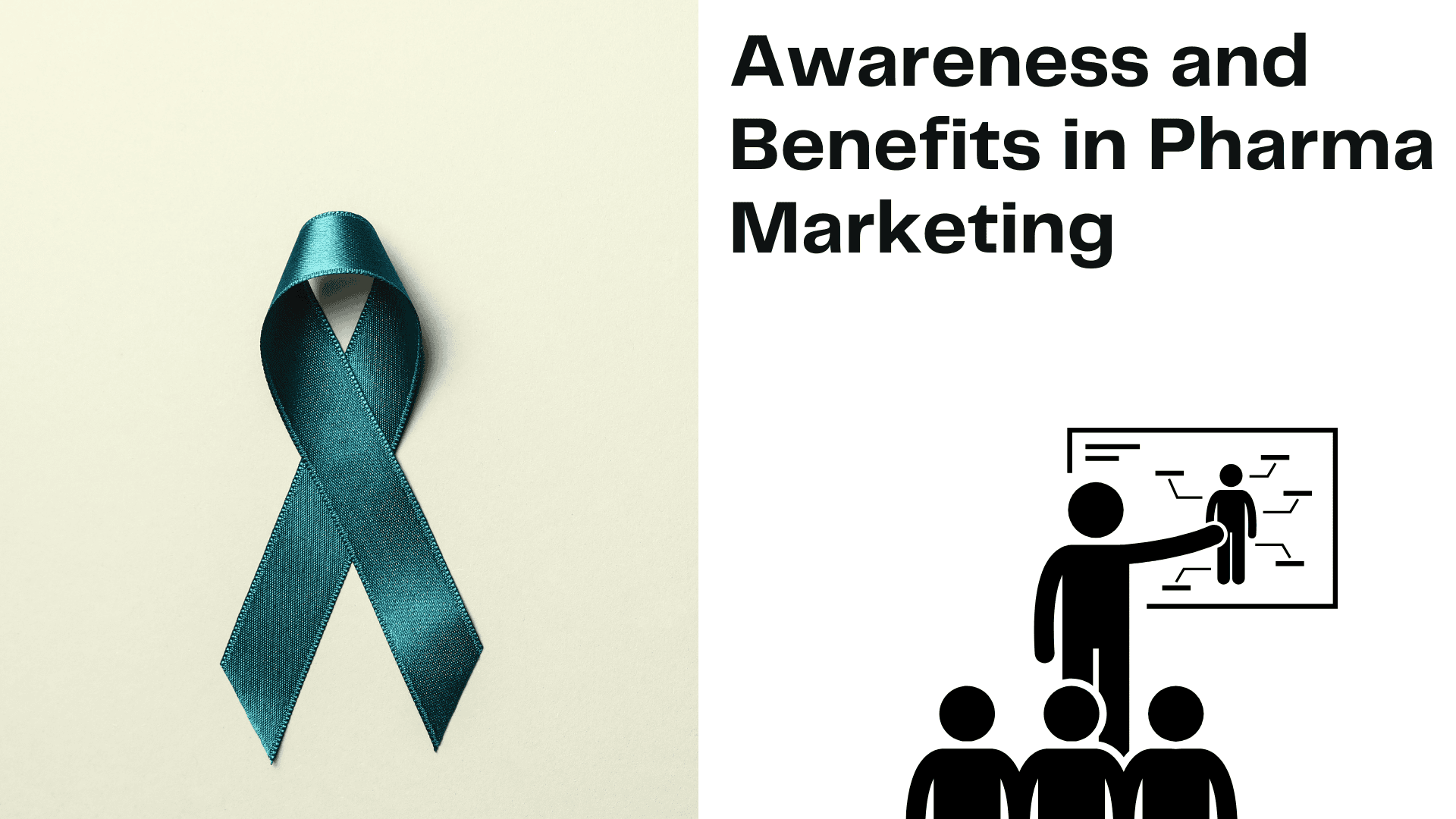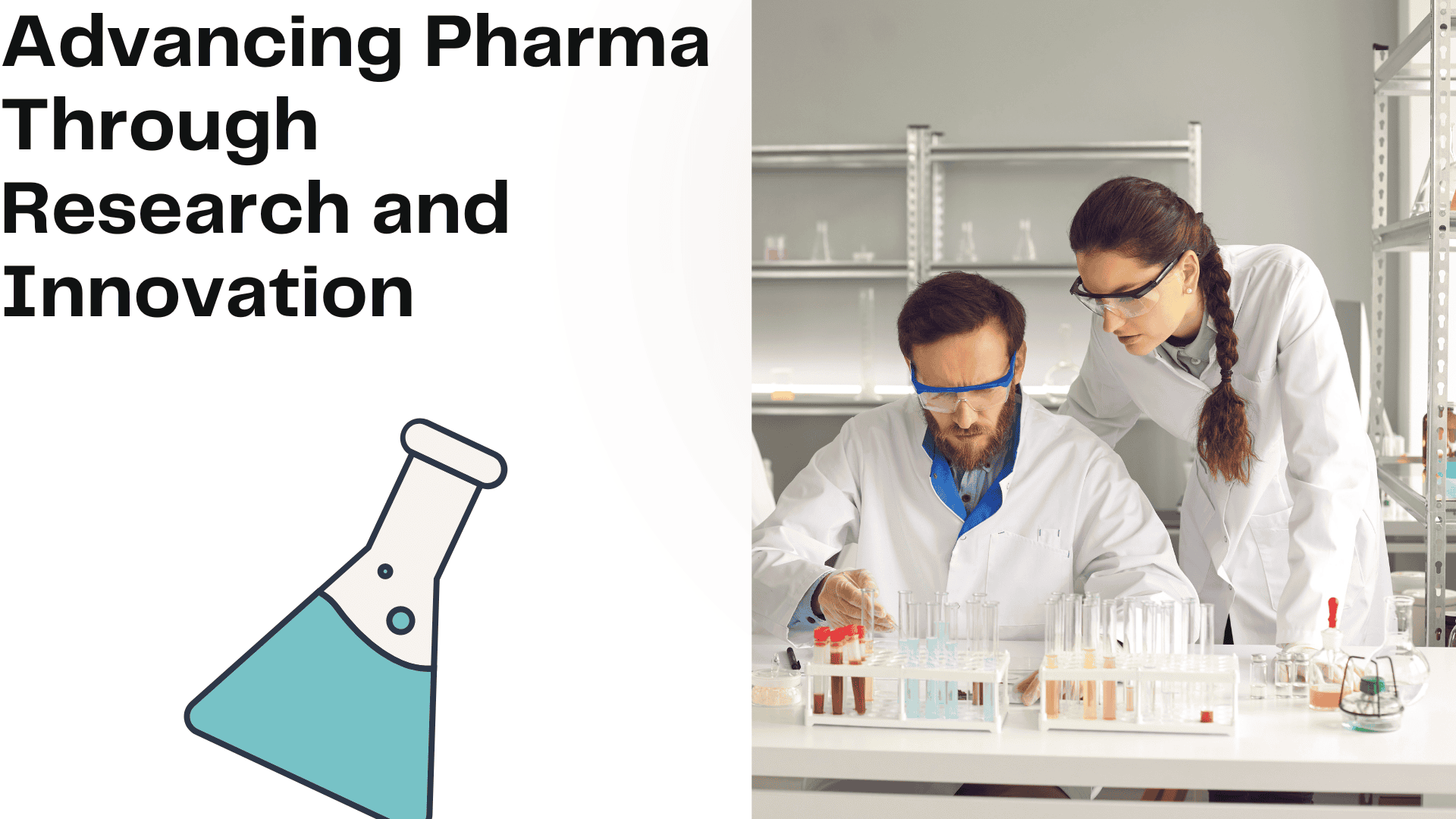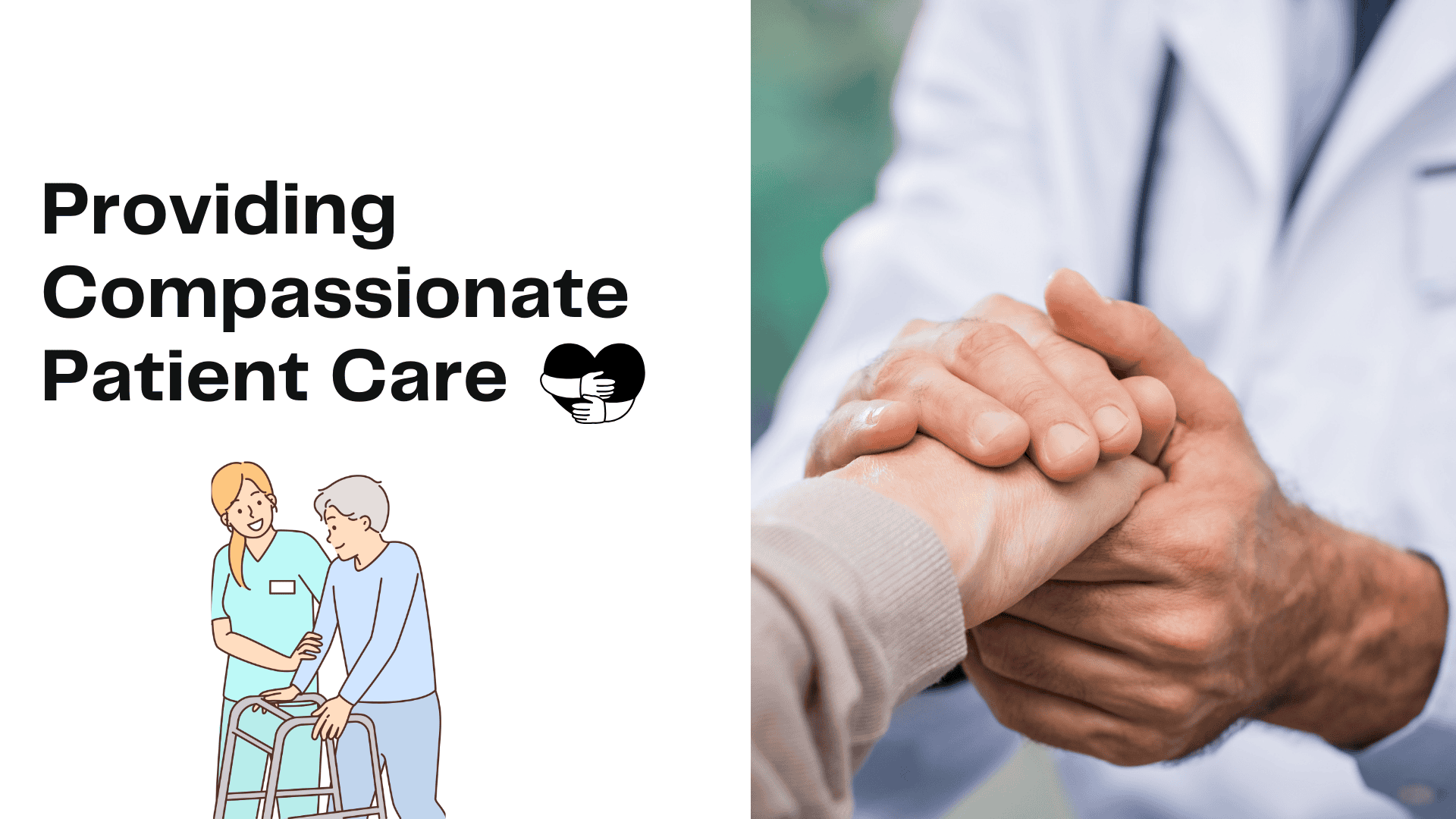In the ever-evolving field of healthcare, pharmaceutical marketing plays a crucial role in bridging the gap between groundbreaking medical discoveries and the patients who need them most. This essay delves into the significant impact pharmaceutical marketing has on patient outcomes, business innovation, healthcare delivery, and the ethical considerations that shape its practice.

Pharmaceutical marketing encompasses a wide range of strategies and activities aimed at promoting pharmaceuticals, medical devices, and healthcare solutions to various stakeholders within the healthcare system. These stakeholders include hospitals, pharmacies, and ultimately, patients. The primary goal of these activities is to inform, educate, and influence decision-making processes among healthcare professionals (HCPs) and institutions.
At its core, pharmaceutical marketing serves as a conduit for translating advancements in medical research from laboratories and clinical trials into practical applications. It involves targeted communication strategies designed to enhance awareness, acceptance, and utilization of new therapies, thereby improving healthcare outcomes.

One of the most critical contributions of pharmaceutical marketing is ensuring that medical professionals are aware of the latest treatment options. Through educational campaigns, seminars, conferences, and direct interactions with healthcare professionals, pharmaceutical representatives play a pivotal role in disseminating crucial information about new medications, including their mechanisms of action, efficacy, safety profiles, and potential advantages over existing treatments.
Effective marketing strategies ensure that healthcare professionals are informed about the therapeutic benefits of innovative treatments developed by pharmaceutical companies for chronic conditions such as diabetes, cancer, or cardiovascular diseases. Armed with this knowledge, doctors and specialists can make more informed decisions about treatment plans, ultimately benefiting patients who gain access to cutting-edge therapies that can significantly improve their prognosis and quality of life.

Beyond product promotion, pharmaceutical marketing serves as an essential educational resource for healthcare professionals. Through interactions with doctors, nurses, pharmacists, and other HCPs, medical representatives provide valuable information on disease management, treatment options, new medications, and best clinical practices. Continuous education on medical advancements ensures that healthcare providers stay updated with the latest research findings and technological developments, enabling them to deliver optimal care to their patients.
Pharmaceutical marketing campaigns often include educational materials supporting evidence-based medicine, such as peer-reviewed studies, scientific journals, and clinical trial data. By promoting a deeper understanding of complex medical concepts and therapeutic approaches, these resources empower healthcare professionals to make well-informed decisions rooted in scientific evidence and patient-centered care.

Pharmaceutical marketing plays a crucial role in driving innovation within the healthcare industry by creating demand for new drugs and treatments. Revenue generated from successful marketing campaigns can be reinvested by pharmaceutical companies into research and development (R&D) initiatives aimed at discovering new medications, biologics, medical devices, and diagnostic tools.
Market-driven efforts that prioritize addressing unmet medical needs and improving patient outcomes often accelerate innovation in healthcare. For example, advancements in precision medicine, immunotherapy, gene therapy, and personalized healthcare have been expedited by successful marketing campaigns that raise awareness and acceptance among patients and healthcare professionals.

The ultimate goal of pharmaceutical marketing is to enhance patient outcomes and promote patient-centered care. By increasing access to innovative pharmaceuticals and therapies, marketers play a vital role in improving the overall health and well-being of individuals worldwide. This patient-centric approach underscores the ethical responsibility of pharmaceutical companies to prioritize the health interests of the populations they serve, adhering to rigorous standards of safety, efficacy, and transparency
Effective pharmaceutical marketing campaigns not only drive the adoption of new treatments but also empower patients to make informed decisions about their healthcare options. Patient education campaigns, patient support programs, and direct-to-consumer advertising are particularly valuable in raising awareness about diseases, available resources, and treatment options, thereby enabling individuals to actively participate in managing their health.

While pharmaceutical marketing is essential for advancing healthcare, it is not without ethical considerations and regulatory challenges. Issues such as conflicts of interest, transparency in clinical trial data, direct-to-consumer advertising practices, and patient privacy require careful consideration and adherence to industry standards and regulatory compliance.
Responsible pharmaceutical marketing practices prioritize patient safety, transparency, and ethical integrity. Regulatory authorities, such as the Food and Drug Administration (FDA) in the United States, the European Medicines Agency (EMA) in Europe, and similar agencies worldwide, enforce stringent regulations to ensure that pharmaceutical marketing activities uphold ethical standards and do not compromise public health or patient welfare.
Conclusion
In conclusion, the impact of pharmaceutical marketing on the trajectory of medicine and healthcare delivery cannot be overstated. It fosters innovation, supports the adoption of new therapies, enhances patient outcomes, and advances global health initiatives. Effective marketing strategies promote collaboration among healthcare professionals, pharmaceutical companies, regulatory authorities, and patient advocacy groups, thereby strengthening a patient-centered and responsive healthcare system.
As we navigate the complexities of healthcare in the 21st century, pharmaceutical marketing remains indispensable in fulfilling the promise of medical advancements and ensuring equitable access to life-saving treatments for individuals worldwide. By embracing ethical practices, promoting transparency, and prioritizing patient well-being, pharmaceutical marketers will continue to play a pivotal role in addressing evolving healthcare needs and improving health outcomes.
Through ongoing innovation, education, and advocacy, pharmaceutical marketing drives positive change, shaping a future where healthcare is not only advanced but also inclusive, compassionate, and accessible. By leveraging ethical marketing practices and harnessing the potential of medical innovation, we can collectively create a healthier and more resilient world for future generations.
How Medikon India can help you in Pharma marketing?
With our strong network and tailored marketing solutions, we help maximise your product’s reach and adoption.
